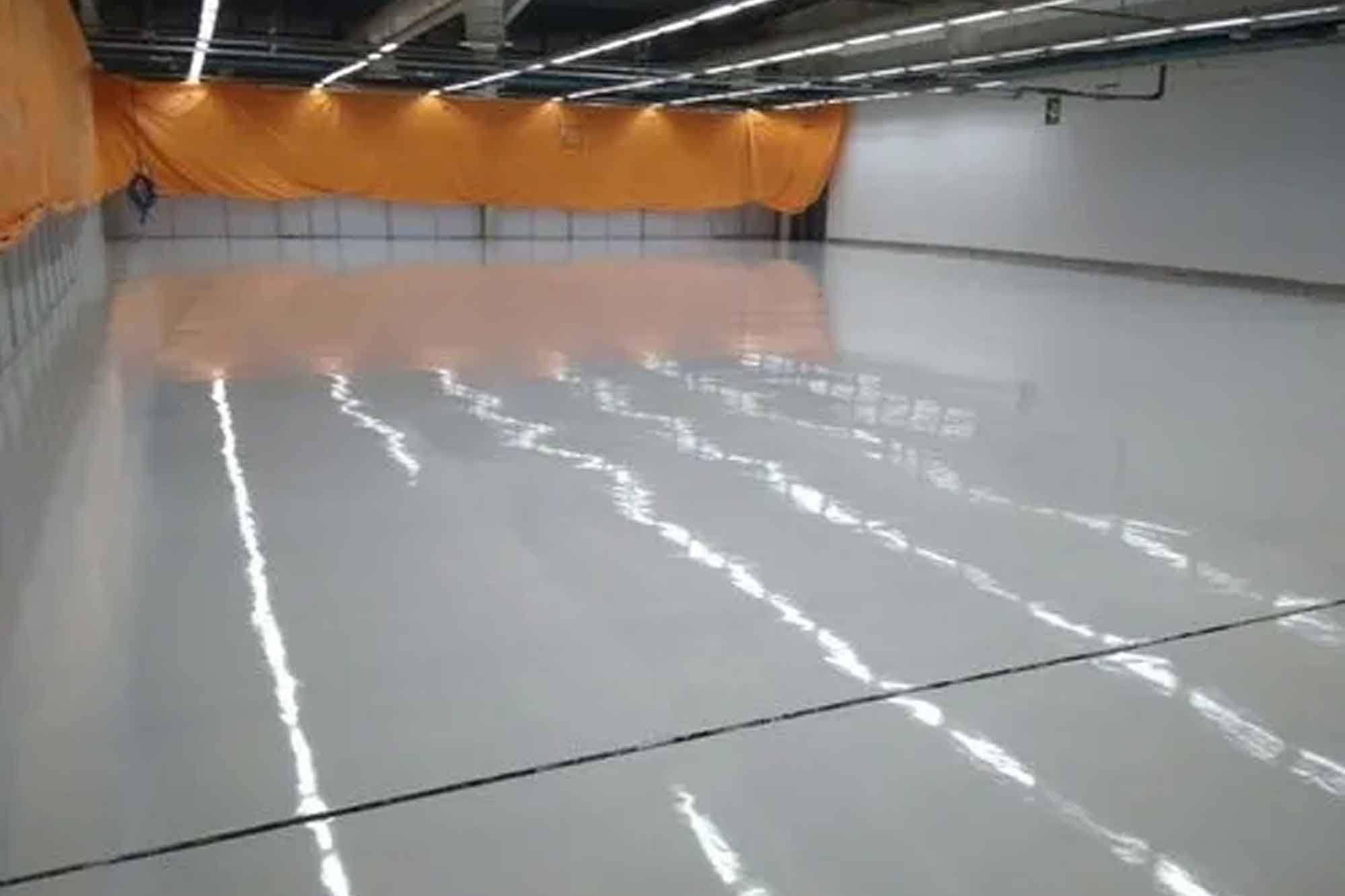
Image Source: Google
Antistatic floors are specialized flooring solutions designed to prevent the buildup of static electricity in spaces where it can cause damage to sensitive equipment or pose a risk to personnel. They are commonly used in environments such as offices, data centers, laboratories, clean rooms, and manufacturing facilities where electrostatic discharge (ESD) can have serious consequences. The versatility of antistatic floors lies in their ability to provide a safe and reliable solution for a wide range of spaces, accommodating different needs and requirements.
The Benefits of Antistatic Floors
1. Electrostatic Discharge Protection
Antistatic floors are designed to dissipate static electricity, preventing the buildup of charges that can lead to ESD. This protection is crucial in environments where sensitive electronic components, such as computers, servers, and medical equipment, are used. Refer Link: https://www.bspfloors.com/818241/esd-floor-systems-antistatic-conductive-pvc-bsp
2. Safety for Personnel
By eliminating the risk of static shocks, antistatic floors ensure the safety and well-being of personnel working in environments where static electricity can be a hazard. This is particularly important in spaces where flammable materials are present.
3. Equipment Protection
Static electricity can damage electronic equipment and interfere with its proper functioning. Antistatic floors help to protect valuable equipment from these risks, reducing the likelihood of costly repairs or replacements.
4. Cleanliness and Hygiene
Many antistatic floors are designed to be easy to clean and maintain, making them ideal for environments where hygiene is a priority, such as laboratories and clean rooms. Their smooth surfaces prevent the accumulation of dust and dirt, promoting a clean and sterile environment.
Applications of Antistatic Floors
1. Offices
Antistatic floors are commonly used in office spaces where computers, printers, and other electronic devices are in use. By preventing static buildup, these floors help to protect sensitive equipment and ensure a safe working environment for employees.
2. Data Centers
Data centers house a large number of servers and networking equipment that are vulnerable to ESD. Antistatic floors provide the necessary protection to prevent damage to these critical components, ensuring the reliability and efficiency of the data center operations.
3. Laboratories
In laboratories where precision instruments and delicate experiments are conducted, antistatic floors help to maintain a controlled environment free from static interference. They provide the necessary protection for sensitive equipment and ensure accurate results in scientific research.
Choosing the Right Antistatic Flooring Solution
When selecting an antistatic flooring solution for a specific space, it is important to consider the following factors:
1. Type of Environment
- Determine the nature of the space where the antistatic floor will be installed, such as an office, laboratory, or manufacturing facility.
2. Performance Requirements
- Consider the level of ESD protection needed based on the equipment and activities conducted in the space.
